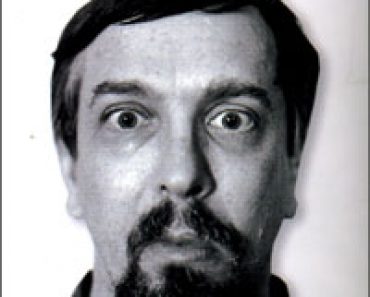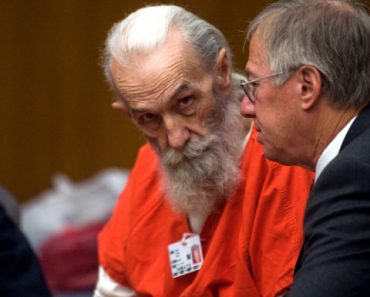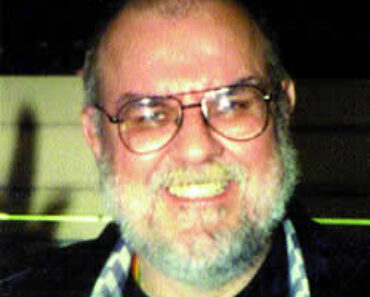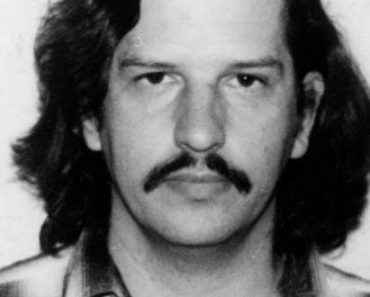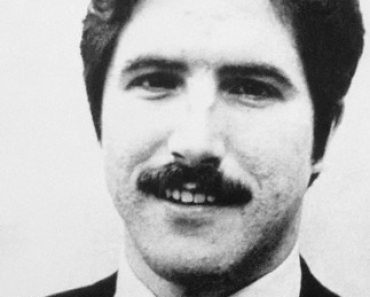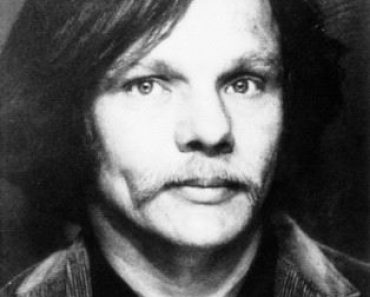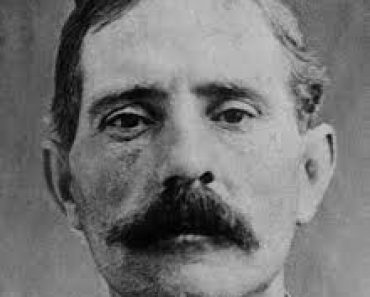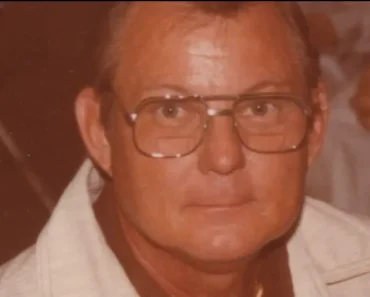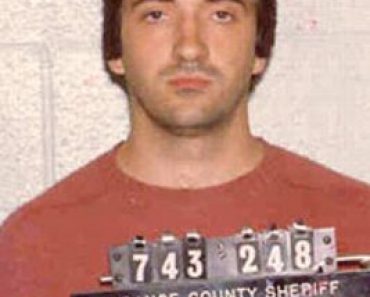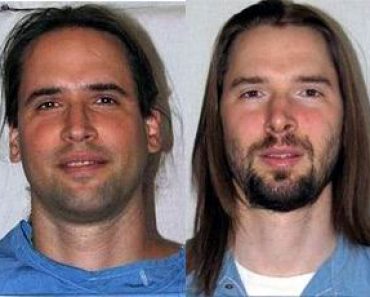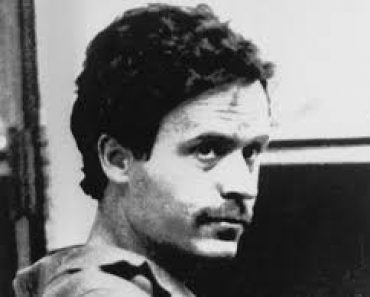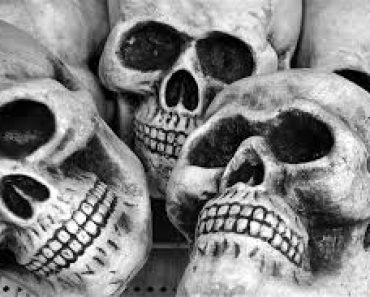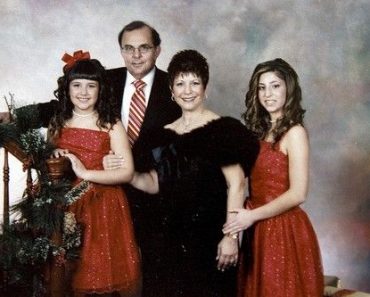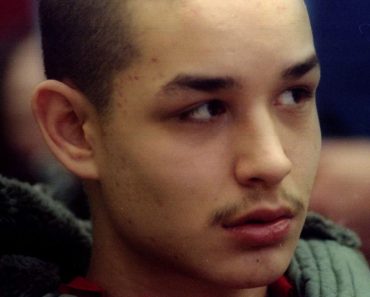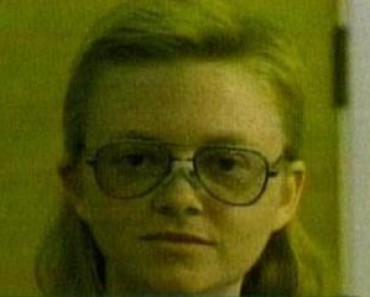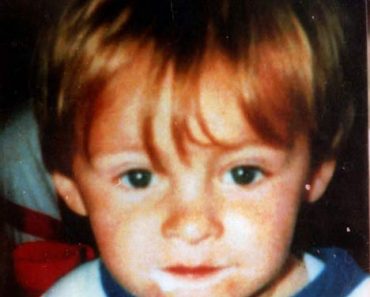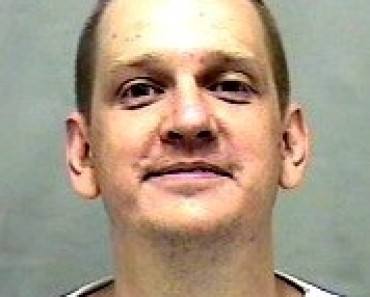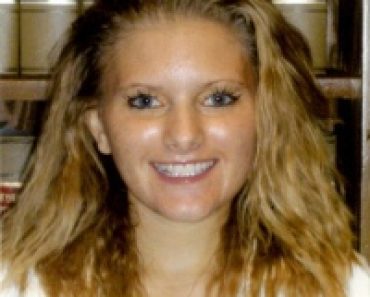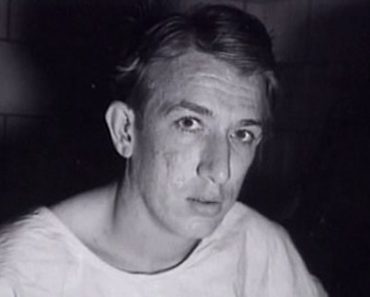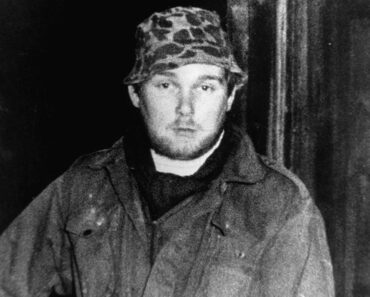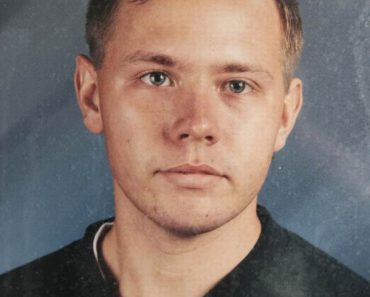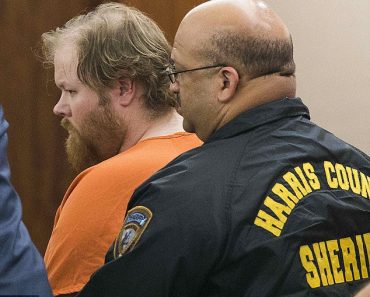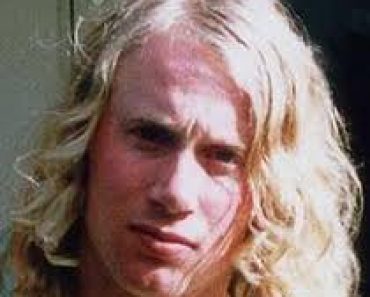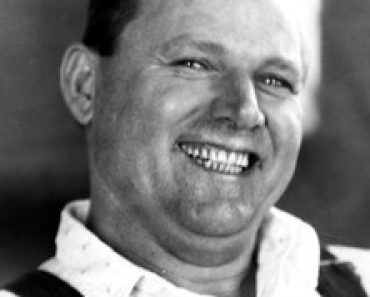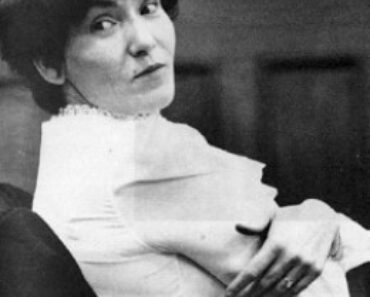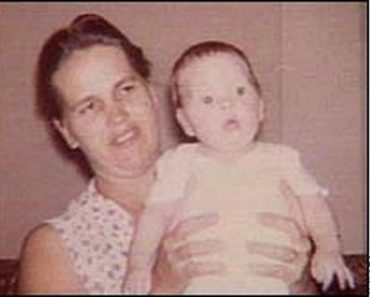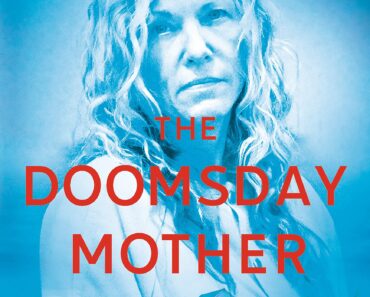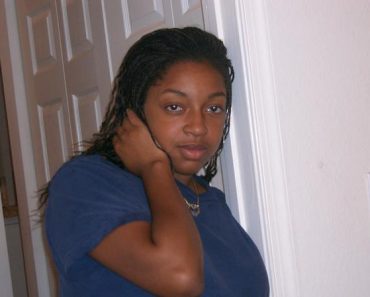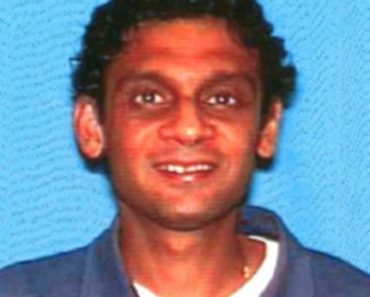 The document that follows, was written on September 9th, 1997. It was written by the judge that was appointed to witness an execution by guillotine in France.
The document that follows, was written on September 9th, 1997. It was written by the judge that was appointed to witness an execution by guillotine in France.
The judge was to record the last hours of convicted murderer, Hamida Djandoub, before he was guillotined in a Marseilles prison courtyard the next day following, on September 10th. He would witness the death and record all data for the courts.
Hamida, a Tunisian national and agricultural worker, was sentenced to death for the torture, rape and murder of his former lover, 21-year-old Élisabeth Bousquet.
Hamida was born in Tunisia in 1949. In 1968, he started living in Marseille and went to work as a landscaper but had an accident in 1971 that resulted in the loss of two thirds of his right leg. In 1973, Elisabeth Bousquet, a young woman that Hamida had met in the hospital while recovering from having his leg amputated, filed a complaint against him, stating that he had tried to force her into prostitution. He was arrested and eventually released later that same year.
Then, in July of 1974, he (Hamida) kidnapped Elizabeth and took her to his house where he beat and raped her. He tortured her by stubbing lit cigarettes all over her breasts and genital area. He then took her to the outskirts of Marseille and strangled her, dumping her body in a shed. One month later, he kidnapped another girl, but she managed to escape and report him to the authorities. Elizabeth’s body was discovered and the beginning of the end had begun. Hamida was found guilty and sentenced to die by the guillotine!
The following text was written on the night of the beheading by the judge that had been appointed as the witness.
9th September 1977
Execution of Djandoubi, Tunisian citizen.
At 3:00 p.m., [presiding] judge R. notified me that I had been appointed to assist with the execution. I feel repulsed, but I can’t get out of it. I thought about it all afternoon. My role will consist of taking note of the prisoner’s statements.
At 7:00 p.m., I went to the cinema with B. and B. B., then we had something to eat at her place and watched a late-night movie until 1:00 a.m. I went home, I did some chores, then laid down on my bed. Mr. B. L. telephoned me at 3:15 a.m., as I requested. I got ready. A police car came to pick me up at 4:15 a.m. During the journey, no one said a word.
We arrived at Marseilles’ Baumettes prison. Everyone was there. The District Attorney (DA) [avocat général] arrived last. A large group formed. Twenty or thirty guards, the ‘officials’. All along the path, brown blankets were spread on the ground to cover the sound of our footsteps. On the path, in three places, tables holding basins of water and towels.
The cell door was opened. I heard someone say that the prisoner was dozing, but not sleeping. He was made to ‘get ready.’ It took a long time, since he had an artificial leg and it had to be put on. We waited. No one spoke. I think this silence, and the apparent calmness of the prisoner, relieved those present. No one would have wanted to hear crying or protests. The group reformed itself, and we took the path back. The blankets on the ground had been pushed to the side slightly, and we were no longer trying to avoid making too much noise with our steps.
The group stopped beside one of the tables. The prisoner was seated on a chair. His hands were locked behind his back with handcuffs. A guard gave him a filter cigarette. He started smoking without saying a word. He was young. Very dark hair, neatly styled. His face was rather handsome, with even features, but he was pallid and had dark circles under his eyes. He looked neither stupid nor brutish. Simply a handsome young man. He smoked, and complained immediately that his handcuffs were too tight. A guard approached and tried to loosen them. He complained again. At this moment, I noticed the executioner standing behind him, accompanied by two assistants. He was holding a cord.
Originally, it was intended to replace the handcuffs with the cord, but in the end it was decided to just remove them, and the executioner said something horrible and tragic: ‘See, you’re free!’ It sent a shiver down the spine… The prisoner continued to smoke his cigarette, which was nearly finished, and he was given another. His hands were free and he smoked slowly. I understood then that he was beginning to realize that it was all over – that he could not escape now – that his life would end here, and that the moments that he still had would last as long as that cigarette did.
He requested his lawyers. Mr. P. and Mr. G. approached. He spoke to them as quietly as possible, because the executioner’s two assistants were standing right by him, and it was as if they wanted to steal his last moments as a living man. He gave a piece of paper to Mr. P. who tore it at his request, and he gave an envelope to Mr. G. He spoke to them very little. There was one on either side of him and they did not speak to each other either. The wait continued. He requested the prison director and asked him a question about what would happen to his possessions.
The second cigarette was finished. Quarter of an hour had already passed. A young and friendly guard approached with a bottle of rum and a glass. He asked the prisoner if he wanted a drink and poured him half a glass. The prisoner began to drink slowly. He understood then that his life would end when he had finished drinking. He spoke a little more with his lawyers. He called back the guard who gave him the rum and asked him to gather up the pieces of paper that Mr. P. had torn up and thrown to the ground. The guard bent down, picked up the pieces and gave them back to Mr. P., who put them in his pocket.
It was at that moment that everything became confused. This man is going to die, he knows it; he knows that he can do nothing but delay the end by a few minutes. And he became almost like a child that will do anything to delay bedtime! A child who knows that he will be treated indulgently, and who makes use of it. The prisoner continued to drink his rum, slowly, in little sips. He called the Imam who came over and spoke to him in Arabic. He responded with a few words, also in Arabic.
The glass was nearly empty and, in a last attempt, he requested another cigarette: a Gauloise or aGitane [unfiltered cigarettes made with strong, dark tobacco], because he didn’t like the brand that he had been given. The request was made calmly, almost with dignity. But the executioner, who was becoming impatient, interrupted: “We’ve already been nice with him – very humane – we have to get this over and done with.” In turn, the DA intervened to deny the cigarette, despite the prisoner repeating the request and adding very opportunely: “It will be the last.” A sort of embarrassment came over the assistants. About twenty minutes had passed since the prisoner sat down on his chair. Twenty minutes, so long and yet so short.

pic credit- death penalty news
Quickly (before the shirt collar was cut), his hands were tied behind his back with the cord. He was helped up. The guards opened a door in the corridor. The guillotine appeared, opposite the door. Almost without hesitating, I followed the guards who were pushing the prisoner and I entered the room (or, rather, a courtyard?) where the the ‘machine’ stood. Beside it was an open brown wicker basket. Everything went very quickly. His body was practically thrown down but, at that moment, I turned away. Not out of fear, but by a sort of instinctive and deep-rooted modesty (I can’t find another word).
I heard a dull sound. I turned round – blood, lots of blood, very red blood – the body had toppled into the basket. In a second, a life had been cut. The man who had spoken less than a minute earlier was nothing more than blue pajamas in a basket. A guard took out a hose. The evidence of a crime needs to be erased quickly… I felt nauseous but I controlled myself. I had a feeling of cold indignation.
We went into the office where the DA was childishly fussing around to prepare the official report. D. carefully verified every part. It’s very important, the official report of an execution! At 5:10 a.m. I went home.
I am writing these lines. It is 6:10 a.m.
Monique Mabelly (Judge d’instruction)
Hamida was the last person to be executed in Western Europe and the last person executed by beheading in the entire Western world. The death penalty was abolished in France in 1981.



